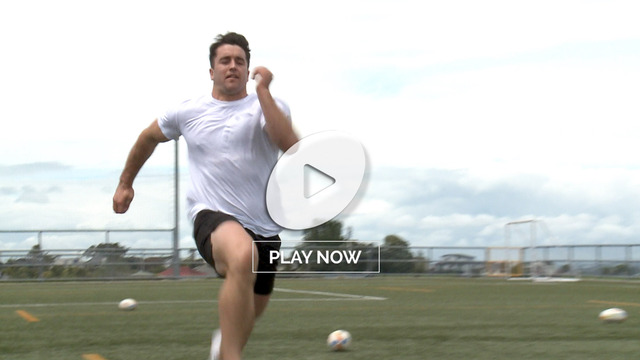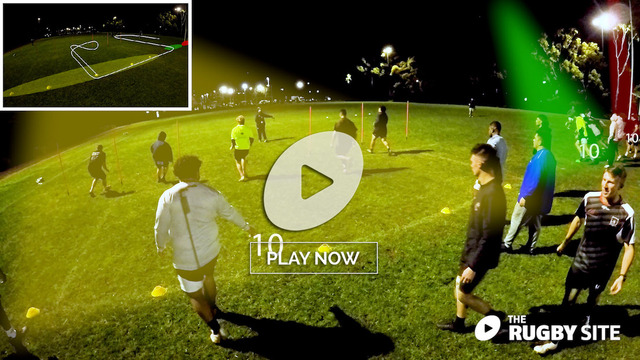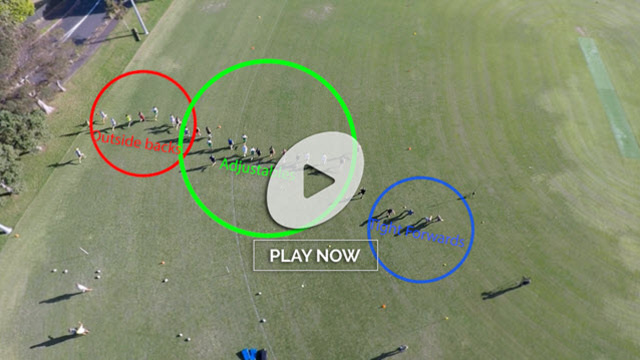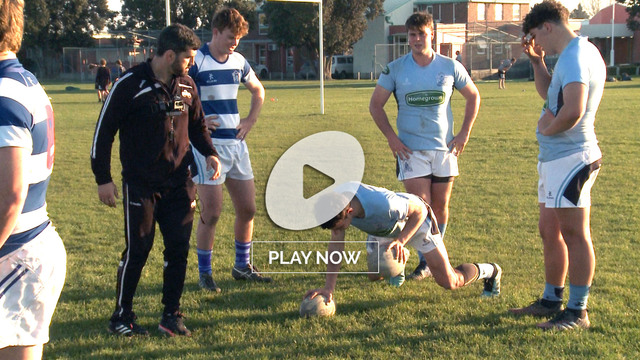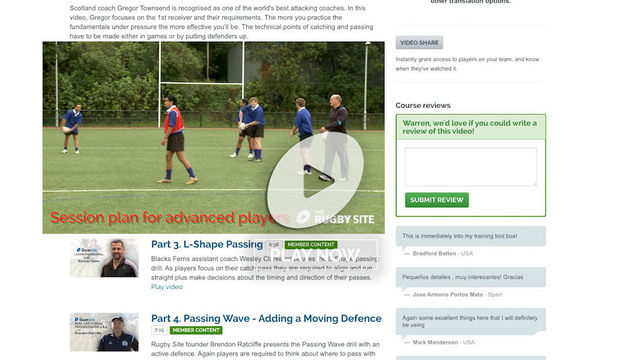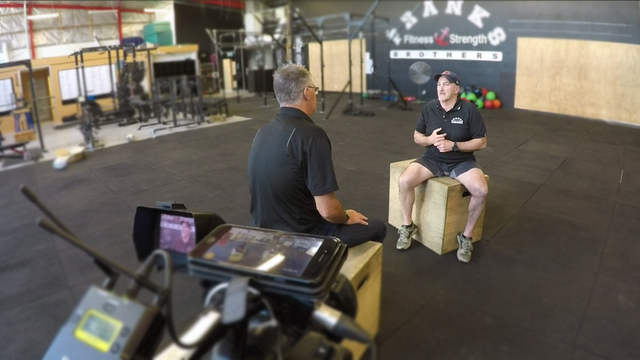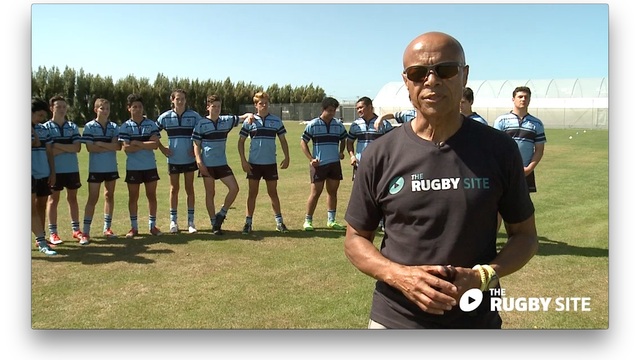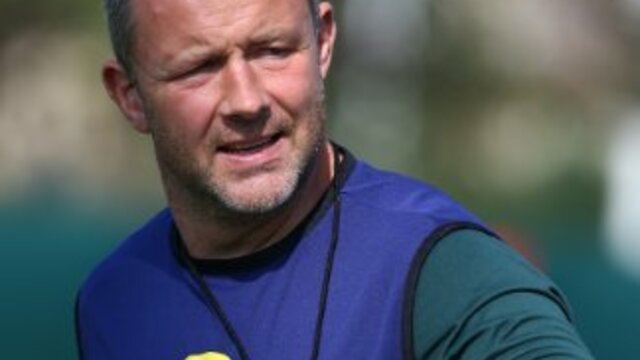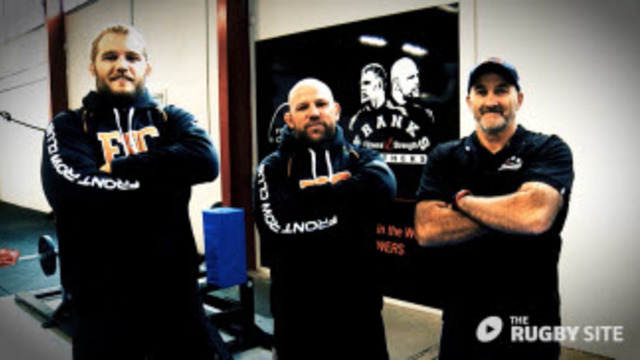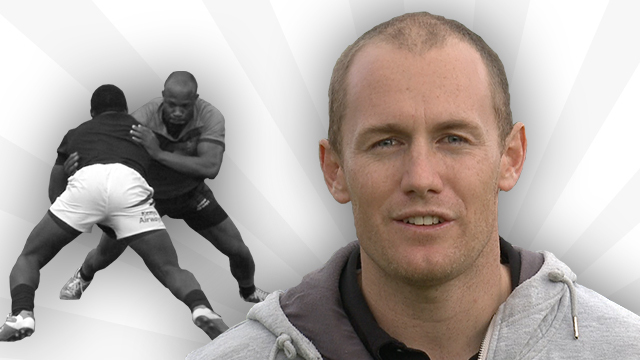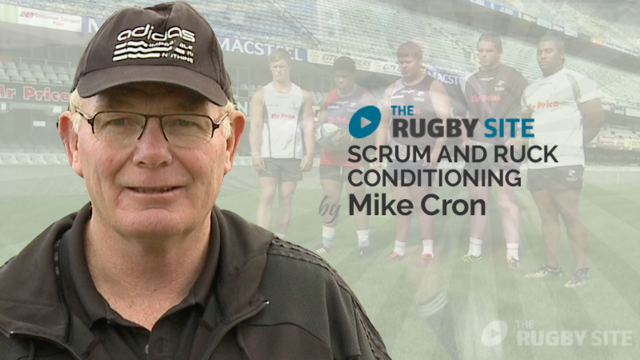The pressure to deliver and the promise of glory that hovers over the business end of the season more often than not makes for enthralling entertainment. It can inspire players and teams to great heights but conversely the intensity can weigh heavy on others, impeding performance, and the results can be disappointing at the least and at worst alarming.
Experience, especially that of a coach, is often a calming and stabilising influence on such occasions but not always, as anyone who witnessed a shocking series of events during Toulouse’s Top 14 play-offs clash with Racing Metro on Friday night, will agree.
Toulouse centre Florian Fritz suffered a horrific head injury during the first half following a clash with the knee of Racing lock Francois van der Merwe. Blood poured from a nasty cut, but of greater concern was the fact that he was clearly concussed, dazed, most likely confused and unable to stand without the support of medical staff. He would later admit that he had been knocked unconscious in the challenge and could not remember everything about the incident. His game was surely over.
Thankfully he was withdrawn, but sense was noticeable by its absence as the window for treatment of blood injuries expired. Toulouse coach Guy Noves, perhaps wary of his decision to load his bench with forwards and with a semi-final place on the line, was seen to enter the treatment room and appeared to urge Fritz to return to the game even though fellow international centre Gael Fickou was among his replacement options.
Fritz rose to his feet and viewers – including a record audience for host broadcasters Canal+ – were left aghast as he made his way back to the field of the play. His club were risking even more dramatic consequences by throwing him back into the game and you felt awful watching a player dice with death when he should be under strict medical care. He played on until half-time when sense finally prevailed but by that stage it was too late. The damage had been done. Social media was alive and the sport would hit the headlines around the world for all the wrong reasons.
Such events may have been common place in the past but in the modern game there can be no excuses for ignorance on the matter of concussion. Such flagrant disregard of International Rugby Board protocols, especially after extensive and widespread education initiatives, media pressure and high profile research into Chronic Traumatic Encephalopathy (CTE), is indefensible.
How disappointing it is that a club and a coach that have set such enviable high standards for so long should let themselves and the sport down in such a way. It remains unclear what Noves said on his visit to the treatment room but his body language gave him away and his comments post-match did little to excuse his behaviour.
Noves, the most successful club coach in the European game, is quoted as saying that he had also been knocked out during a game but still continued playing, and appeared to defend that decision and his actions on Friday night by pointing out that, “I am still here.”
France’s top division adopted the controversial Pitchside Suspected Concussion Assessment (PSCA) along with the rest of the world in 2012 in a bid to ensure all concussed players were removed from games. The test, that clearly has its shortcomings, can only be requested by the referee or a doctor so there is some blame to be shared.
French club rugby’s governing body, the Ligue Nationale de Rugby, has pointed the finger at Toulouse with medical chief Dr Bernard Dusfour suggesting that Noves may have put pressure on his support staff while underlining what many thought – that there was no need for a test, he should have been replaced immediately and permanently. Dusfour’s French Rugby Federation counterpart Dr. Jean-Claude Peyrin has echoed those sentiments and questioned the conduct of the club’s medical staff who he insists should have left Noves in no doubt as to the player’s state.
Referee Jerome Garces’ handling of the situation has also been scrutinised for not calling for a test and ultimately allowing Fritz to return. In his defence, the test is for suspected concussions and as there was no doubt as to Fritz’s injury he has been let down by the medical staff present.
In a week that has seen the use and future of the Television Match Official called into question, there is a case for extending their remit in order to perhaps prevent a repeat of the Fritz incident. As with the case of Wallabies flanker George Smith during their series against the British & Irish Lions last summer, TV footage provided more than enough evidence to enforce a premature end to the players’ game yet the TMO’s hands were tied and he was forced to sit in silence.
But as the key authority figure on the sidelines the onus is on the coach to take control of the situation and safeguard his players. Noves, and every coach at every level of the game, must take a lead when it comes to education and action on the matter of suspected concussion and clear head trauma.
Toulouse were ultimately beaten by Racing and failed to reach the semi-finals for the first time in 21 years but they and their coach lost so much more in terms of respect and risked an even greater loss with their mistreatment of one of their own.
What do you think, should more be done to ensure players safety? How do you and your medical team deal with head injuries?
